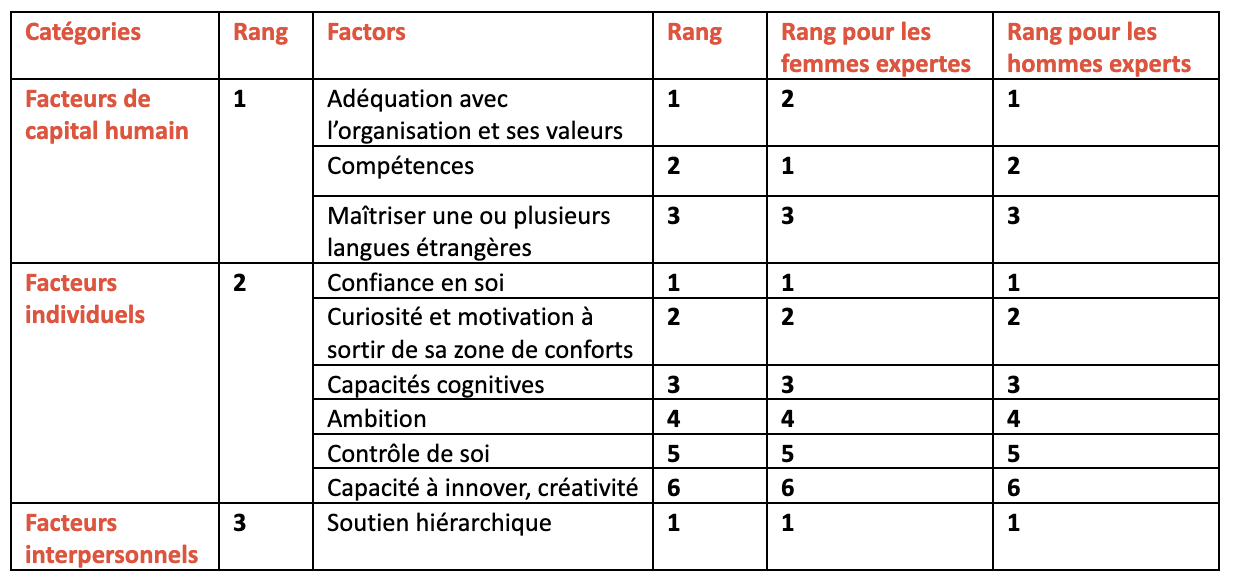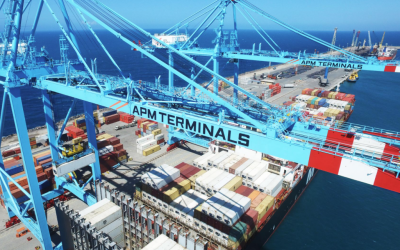Co-authored by Salomée Ruel, professor at Excelia Business School; Anicia Jaegler and Nadine Kafa, professors at Kedge Business School.
Today, the world of supply chain management is of strategic importance for organizations of all sizes. Supply chain management professionals orchestrate intra- and inter-organizational processes, bringing considerable value to companies.
However, despite this increased recognition since the pandemic, supply chain management functions have been facing a talent shortage for over a decade, plunging some organizations into a veritable talent war (1). Indeed, many profiles are in short supply, leaving organizations struggling to recruit, retain and develop their supply chain management staff (2).
Attractiveness of supply chain management careers: a key issue
Career attractiveness lies at the heart of this issue for organizations. But career attractiveness is also measured by the opportunities for career advancement that exist within those same organizations. Understanding the factors that influence the career advancement of supply chain management employees is therefore imperative if we are to meet this challenge.
To answer this question, we conducted a survey of 36 experts (18 women and 18 men, directors, SC managers, logistics directors and operations managers) in supply chain management based in France (3). This study offers a unique insight, since it submits to their judgment four categories of factors (for a total of 32 factors) for career advancement in supply chain management - environmental and structural factors, human capital factors, individual and interpersonal factors - and reveals that human capital is the most decisive.
Where are the women?
Within this professional landscape, the inclusion of women takes on crucial importance, as it is not possible to win the "war for talent" without integrating more women into the supply chain. Indeed, the function is still largely dominated by men, with barely 20% of executive managers being women (4). (4).
Recent research has shown that women's specific skills in supply chain management improve the operational, financial and sustainable performance of organizations (5). Yet there are still major disparities in career progression between the sexes.
Fewer women are entering the supply chain management professions, and those who do face obstacles to career progression, all too often leading to a flight of talent to other functions. To boost operational efficiency and sustainability in the supply chain, we need to break down these barriers and encourage gender diversity (6). (6).
Determining factors in supply chain management career development
Our study identifies categories of factors as well as the key factors within each category. From the outset, the experts eliminated the category of environment-related factors (such as homophily, legislation or discrimination). This result is the big surprise of our study. It suggests that more "internal" factors have a greater impact on the career progression of supply chain management employees, whereas previous research had focused at length on the positive or negative effects of these environmental factors, particularly on women's careers.
Three categories of factors remain in the experts' judgment. The "human capital" category, the first to be highlighted, is followed by individual and interpersonal factors. Among the human capital factors, a good fit with the organization and its values, and skills, appear to be the two most crucial factors to consider for career progression.

The category of individual factors, which is the second most important, comprises six factors that have won the consensus of the experts. They deliver their TOP 3: self-confidence, curiosity and cognitive skills. Finally, only one factor was retained in the category of interpersonal factors: hierarchical support, which can take the form of encouragement to apply or a form of mentoring. The table lists all the factors selected by the experts.
Supply chain managers can use this list of factors to attract and retain talent, adapt their management and recruitment methods, and develop targeted training programs. They can also integrate these results into performance appraisals and coaching sessions. What's more, these factors can be used as fair criteria when evaluating candidates, promoting equal opportunities, including for women and men.
Some concluding thoughts on gender stereotypes
It's interesting to note how little the general classification differs for female and male experts, while professional organizations are at pains to understand the difficulties of attracting women to the supply chain management function (7). (7).
In-depth discussions with some of the experts revealed that they sometimes considered the factors they felt to be the fairest basis for determining career advancement, and decided to exclude any potential negative factors from the study, these belonging mainly to the category of environmental factors.
Like a myriad of other studies on gender issues, ours raises questions of social identity and, more specifically, the identity of the expert women who choose here to behave according to gender stereotypes.
Given that academic literature and professional reports highlight numerous gender gaps in career progression in supply chain management, we didn't expect there to be so few differences between the assessments of female and male experts.
This paradox raises a few questions: is it a form of conformism on the part of female experts to a male-dominated environment, leading them to dismiss the importance of factors usually designated as having a significant impact on women's careers specifically? Or are supply chain management functions actually becoming more inclusive and gender-diverse, in a way that reduces the talent shortage, hence the lack of difference in judgment between female experts and their male counterparts? Some of the biggest companies in the logistics sector, such as XPO, seem to be making efforts in this direction (8). (8).
Voxlog



















0 Comments